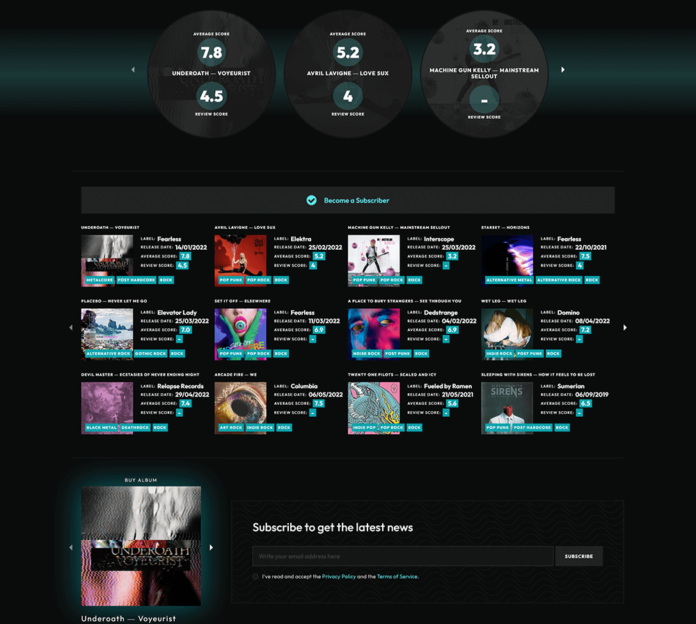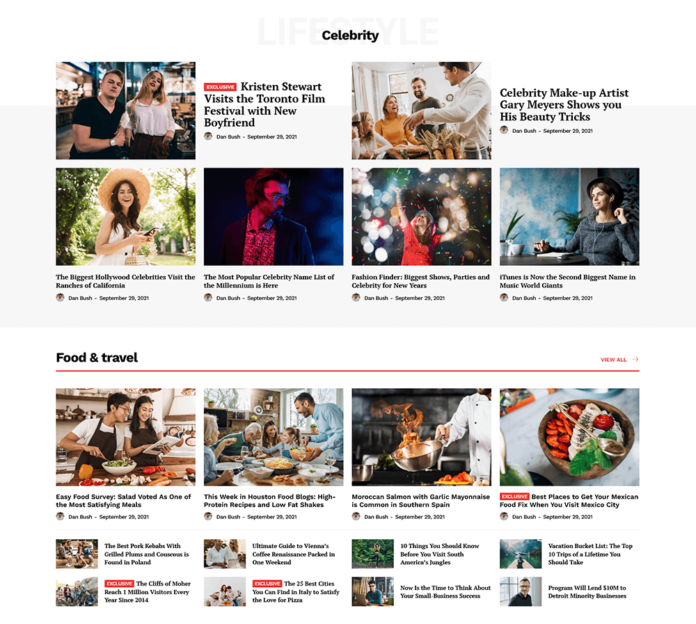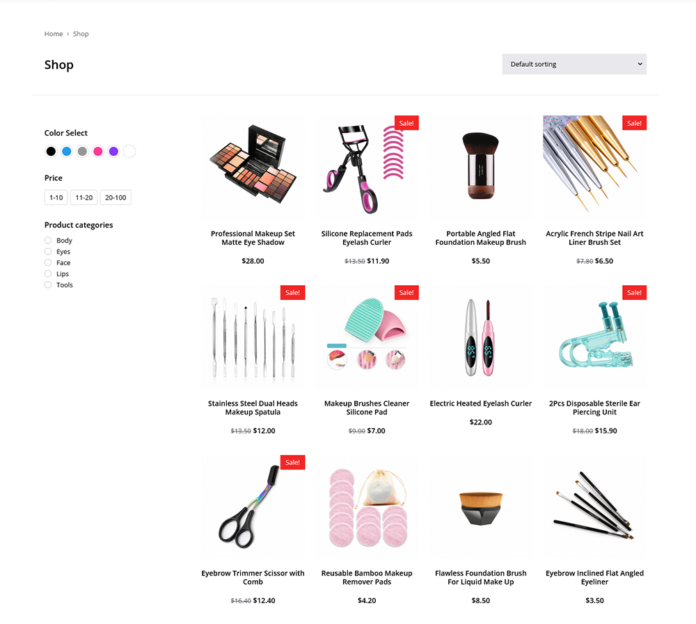Basic needs of Humanbeing are food, clothing, shelter, entertainment. However, there are serious worry about the people who don’t even able to meet their basic needs and this is a serious concern. As per PV Subramanyam, this COVID has taught many things forcefully, so we can learn from them and use them to make our future lives better.
Below there are few tips you must follow, Lets scroll up!
- EAT AT HOME- Eating is expensive. Apart from food even tea and coffee made at home is inexpensive. And you get the added benefits of nutrition, hygiene, etc. Small numbers do added up like if you are spending Rs200 a day eating out and it costs you Rs50 a day. A Systematic Investment Plan of Rs150 a day done for Rs30 years can give you returns in excess of Rs5 crore Toast, Butter, Vegetable Sandwich, tea, curd rice, salads are simple to make. The most important lesson from COVID-19 you will agree.
- KNOW WHAT YOU NEED TO BUY– You need a plan for almost anything you do. Shopping is not very different, if you stumble around the grocery store and fill your cart with everything that catches your eyes, chances are you will spend a lot more money than you needed to spend. Plan your meals for the week ahead, and make careful note of what you need to buy. Purchase only the items on the list and avoid impulse buys. Buying online is surely better than buying online, but remember sizes shown may not be what you needed.
- BUY WHAT YOU NEED AND THEN PUT ON BLINDERS– Stores are designed to make you go through a long walk to get to the most basic items you need. On the way, you will pick up a lot of things that you do not need, and in quantities that you do not need. Though there is no research in Indian conditions, clearly people do not use all the things that they buy. So refuse to be bullied into buying, most necessities and basic cooking items are found along the outside perimeter of the store, start there and work your way around the edge of the store.
- SHOP ON A FULL STOMACH– On a hungry stomach you are likely to pick up a lot of things that look like food. You might also pick up a lot of food which is perhaps unnecessary. On a full stomach on the other hand, you will most likely be relaxed and not prone to picking up unnecessary stuff.
- SHOP SANS THE KIDS– The amount of time it takes to get your shopping done, the hungry, tiredness increases among kids. Kids can really bug you into buying things which are bad for your health and for your purse. You can leave the kids safely at home or you can venture for shopping after they move to their school.
- USE STORE REWARD CARDS– If the store that you visit most frequently has a reward card, sign up, as in few case, stores raise their product price, when they offer reward cards, and without the card your bill will certainly be higher.
- CHOOSE UNBRANDED GOODS– There is a huge, huge cost differencebetween a brand product and an unbrand one. Even in case of ‘expensive’ items such as dry-fruits, if you buy it from a wholesale-retail shop you will find a 20 per cent price difference. Some branded foods like cornflakes, hold your breath, are more expensive than dry fruits on a per kilogram basis.
- AVOID CHECKOUT TEMPTATION– Normally, you have some high priced crackers, chocolates, shaving blades, but the cheaper alternatives are just a little further away, so walk a few steps. Picking up things at the check-out counter surely spoils your health like the chocolate that you eat on the way to the car. Most of the times it also spoils your wealth.
- USE SALES OFFERS– Festive season is the time when most of the buying takes place. So shopkeepers do a pre-festive sale so that you can take the advantage of buying clothes, accessories and so on.
- BUY SEASONAL PRODUCT ON NON-SEASONAL PERIOD– During the non-season price of goods are a lot lessor. Be aleart to use such offers.








